In a sweeping escalation of trade tensions, US President Donald Trump on July 30 announced a 25 per cent tariff on Indian imports, effective August 1, explicitly citing India’s “continued energy and defence ties with Russia” as part of the rationale. Alongside the tariff, Trump threatened an unspecified additional penalty linked to New Delhi’s persistent purchases of Russian oil and military equipment.
Complementing this, US Senator Lindsey Graham is championing the Sanctioning Russia Act of 2025 (S.1241). If passed, it would allow the US to impose 500 per cent secondary tariffs on countries—including India—that buy Russian energy exports.
However, as global pressure mounts on India over its continued oil trade with Russia amid the Ukraine conflict, New Delhi has consistently and firmly defended its decisions. At various levels and platforms, the government has made it clear that the country’s energy security, economic resilience and strategic autonomy cannot be compromised in favour of selective Western outrage.
From the corridors of Vienna to press briefings in Washington and panels in Doha, here are seven moments when India stood its ground:
1. ‘Switch off our economy?’
In response to criticism from a British journalist, Indian High Commissioner to the UK Vikram Doraiswami projected New Delhi’s frustration: “What would you want us to do? Switch off our economy?” He reminded that India is the third-largest energy consumer and imports over 80 per cent of its energy. Doraiswami called out Western hypocrisy, noting that European countries continued to source energy‑related materials from Russia even as they chastised India.
On July 28, while speaking to Times Radio, the Indian High Commissioner highlighted the irony in the fact that several European countries continued purchasing rare earth and other energy products—not necessarily oil—from the same countries they were urging India to avoid.
Quick Reads
View AllWhen questioned about India’s close ties with Russia and President Vladimir Putin, he explained that the relationship was built on several factors, including a longstanding security partnership that originated during a time when Western nations refused to sell weapons to India but supplied them to neighbouring countries hostile to it.
He also pointed out that India’s current energy relationship with Russia emerged because traditional energy sources had become inaccessible due to others purchasing them. Furthermore, he remarked on the selective nature of international relationships, noting that many countries maintained ties with nations problematic for India, yet no one asked them to prove their loyalty through such choices.
India is the fourth-largest energy refiner globally and many European nations still purchased refined oil from it.
2. ‘We’ll cross that bridge…’
Addressing the US proposal for punitive tariffs—including the looming 500 per cent secondary penalties—External Affairs Minister S Jaishankar said India’s energy and security concerns had been made conversant to US lawmakers. “We will then have to cross that bridge when we come to it, if we come to it,” he cautioned.
The external affairs minister said that the Indian embassy and ambassador have been in touch with US Senator Graham regarding the bill on Russia and India will have to cross that bridge if it comes to it.
While addressing a press conference on July 4, 2028, Jaishankar stated that India’s concerns and interests on energy, security have been made conversant to Graham. Graham is proposing a carveout for his Russian sanctions bill to exclude nations that help Ukraine’s defence, protecting them from a 500 per cent tariff for trading with Russia.
3. ‘Do you have a better deal?’
At the Doha Forum December 8, 2024, Jaishankar addressed critics dismissing India’s imports of Russian oil as opportunism: “I get oil, yes. It is not necessarily cheap. Do you have a better deal?” He insisted India’s purchases were guided by pragmatism, not opportunism. Simultaneously, he detailed India’s diplomatic engagement with both Russian and Ukrainian leadership, advocating peace through dialogue, not force.
Jaishankar said that the focus appeared to be shifting more towards the realities of negotiation rather than the continuation of the war. Efforts were being made by engaging with both President Putin in Moscow and President Zelenskyy in Kyiv, as well as through meetings in other locations, to identify potential common ground that could be developed when the time was right.
It was clarified that these efforts did not amount to a formal peace plan or mediation, but rather involved multiple, transparent conversations with both parties each being informed about what would be conveyed to the other.
Union Minister Hardeep Singh Puri had previously defended India’s decision to purchase Russian oil during a period when many countries were avoiding it. He argued that India had actually helped stabilise global oil prices, which might have otherwise surged to $200 per barrel.
4. ‘Why didn’t Europe cut off energy on February 25?’
In an interview with Austria’s ORF on January 3, 2023, Jaishankar challenged Europe’s moral position. With a per capita income of €60,000, Europe could comfortably wean off Russian energy, while India—with per capita income of $2,000—could not afford high-priced oil. He questioned why Europe, if acting on principle, didn’t sever Russian energy ties on February 25, 2022 when the Russian attacks on Ukraine began.
Jaishankar also said that Europe’s actions were affecting global oil markets by shifting into West Asia, diverting production and consequently driving up prices.
Regarding the Russia-Ukraine conflict, he reaffirmed India’s stance, stating that the country supported peace and had consistently advocated for a return to dialogue and diplomacy, emphasising that conflicts could not be resolved through violence.
5. ‘India did the world a favour’
In December 2024, Union Minister Puri also explained India’s decision to buy Russian oil at a time when the major countries were boycotting it.
“India did the entire world a favour by buying Russian oil because if we had not done so, the global oil prices would have skyrocketed to $200/barrel. Russian oil was never under any sanctions and there was only a price cap, which Indian entities also followed,” he had said.
Puri argued that India’s continued purchase of Russian oil played a key role in preventing global oil prices from soaring to $200 per barrel. He asserted that India adhered to the Western-imposed price cap of $60 per barrel, thereby not violating any sanctions. According to him, India’s approach contributed to stabilising global energy markets.
He also drew a comparison between India’s oil imports and the EU’s gas consumption, remarking that European nations often purchased more in a single afternoon than India did over an entire quarter. Puri warned that avoiding Russian oil would put significant pressure on global supply, potentially driving prices up to $130–$140 per barrel. He maintained that India’s diversified sourcing strategy had helped maintain market resilience and stability.
While they remain fixated on India’s oil purchases from Russia, what many around the world don’t seem to realise is that the global oil prices would have hit the roof if India had not bought oil from Russia.
— Hardeep Singh Puri (@HardeepSPuri) November 8, 2024
Leaves one with a feeling that they are not able to wrap their heads… pic.twitter.com/mT1GBoFo5d
6. ‘We’ll buy oil from wherever we have to’
While commenting on President Trump’s secondary sanctions threat against India, Puri said that India diversified its sources of buying oil and is not facing pressure over Trump’s new threat. The remarks from Puri came when Firstpost’s Managing Editor, Palki Sharma, asked him about Trump’s secondary sanctions threat and the kind of impact it can have on the Indian oil industry.
“We’ll buy oil from wherever we have to,” Puri asserted while discussing India’s approach to sourcing energy, emphasising that the Prime Minister’s top priority was the Indian consumer.
He highlighted India’s growing role in the global energy scenario, noting that 16 per cednt of international energy market growth in the past decade had come from India, and the International Energy Agency projected that India would account for 25 per cent of global energy growth over the next two decades.
Puri pointed out to Russia’s contribution of 10 per cent to daily global oil consumption and warned that excluding it from the market would have severe consequences, such as energy shortages and rising prices.
7. ‘We look at what is available in the market…’
MEA spokesperson Randhir Jaiswal emphasised that India determines its oil purchases based on market availability and global conditions, aiming to meet the country’s energy needs effectively.
“You are aware of our broad approach to energy sourcing requirements, that we look at what is available in the market and the prevailing global situation,” Jaiswal said during a press briefing on August 1.
On July 17, responding to US tariffs threat and criticisms about India’s Russian oil imports, the MEA spokesperson said that India’s energy strategy prioritises securing domestic needs and draws from a diversified supply base now covering around 40 countries, up from 27. He dismissed the threat of secondary sanctions and strongly cautioned against what he described as “double standards” in international expectations.
This came after Nato Secretary General Mark Rutte warned that countries like India, China and Brazil could face harsh sanctions if they continued energy trade with Russia. In response, the MEA reiterated that India’s overriding concern remained ensuring affordable and reliable energy access for its population.


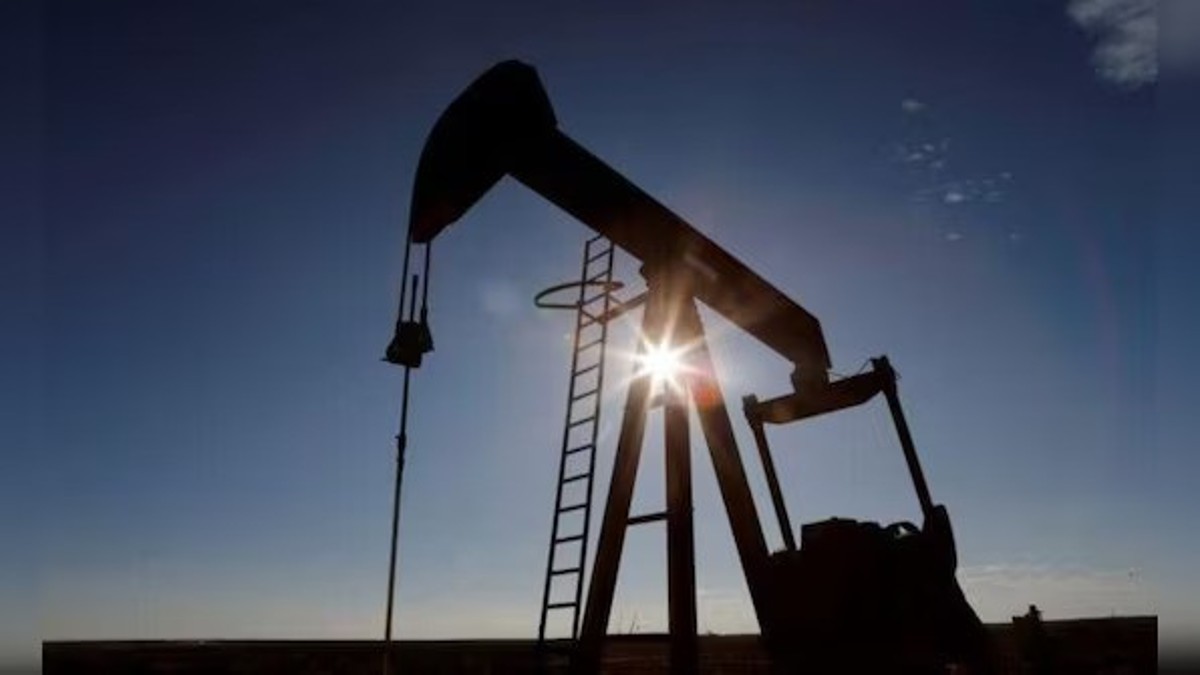)
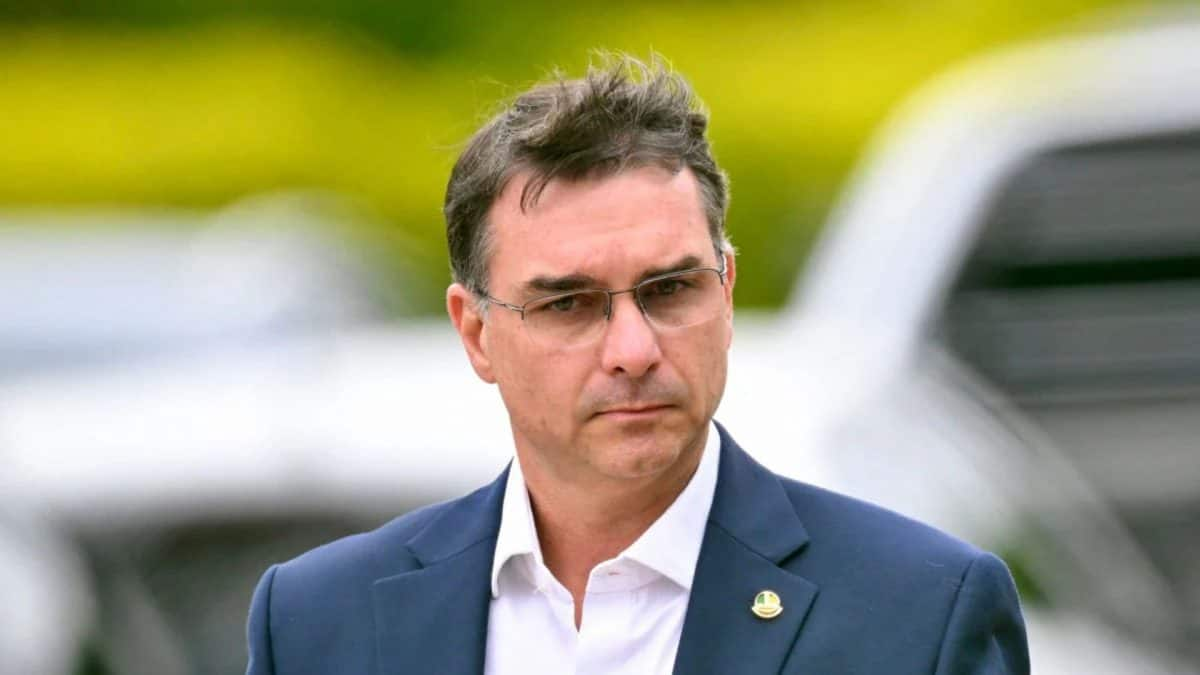
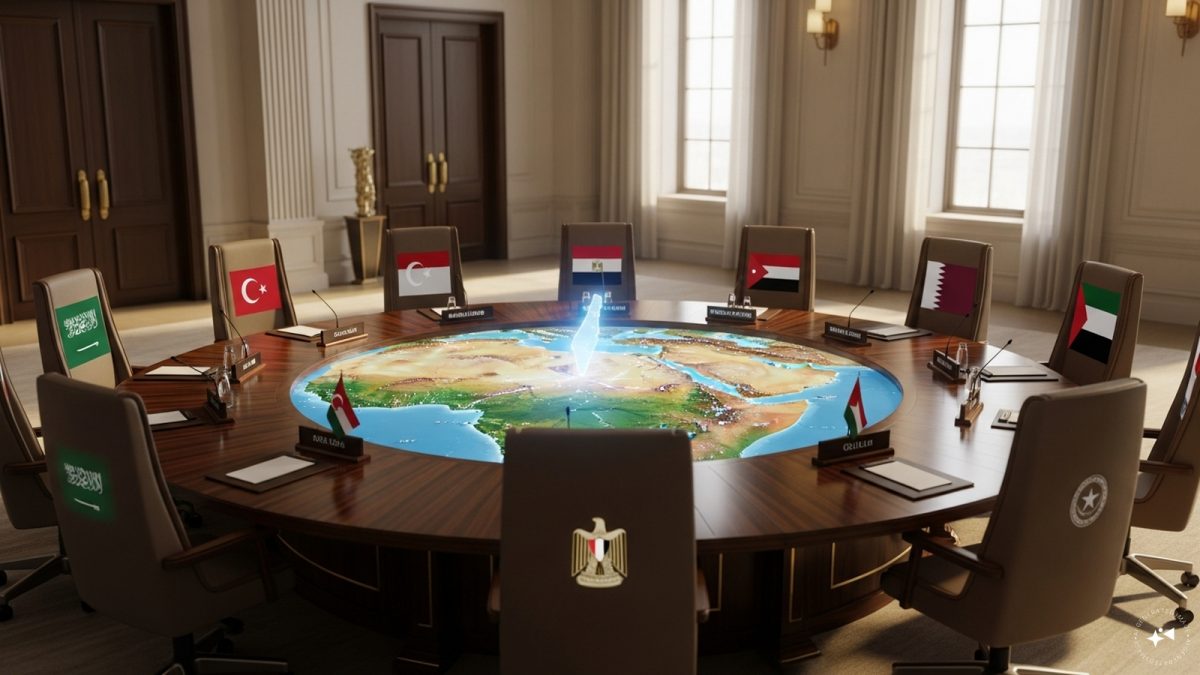)
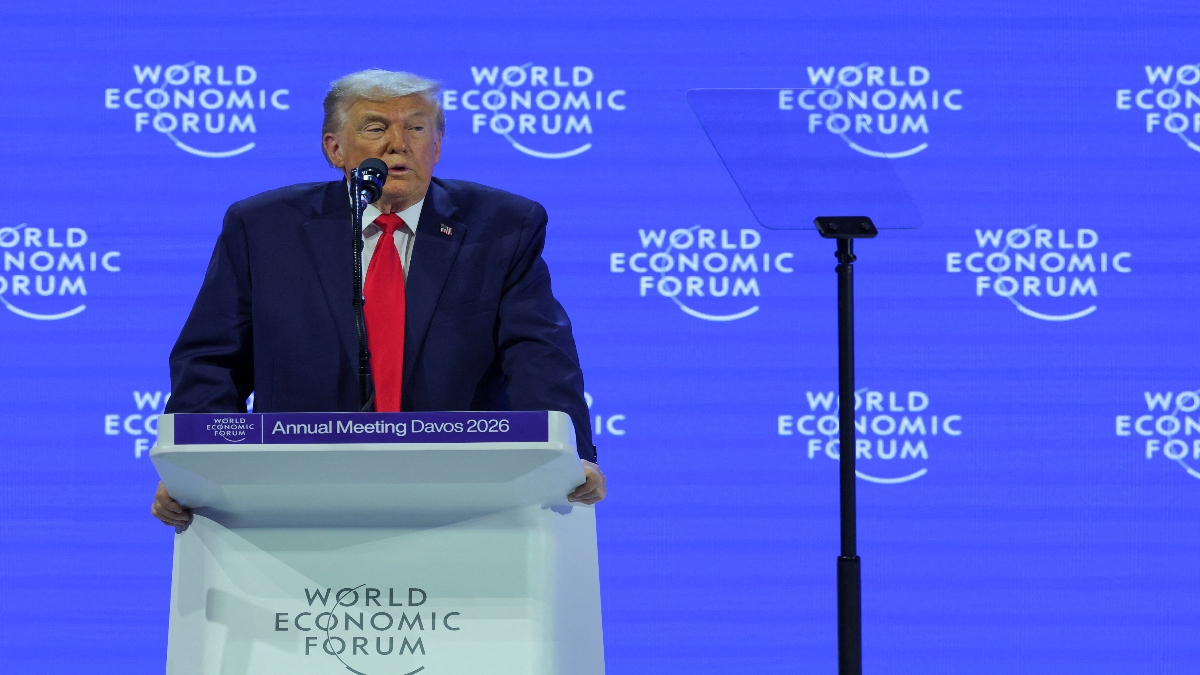)
)
)
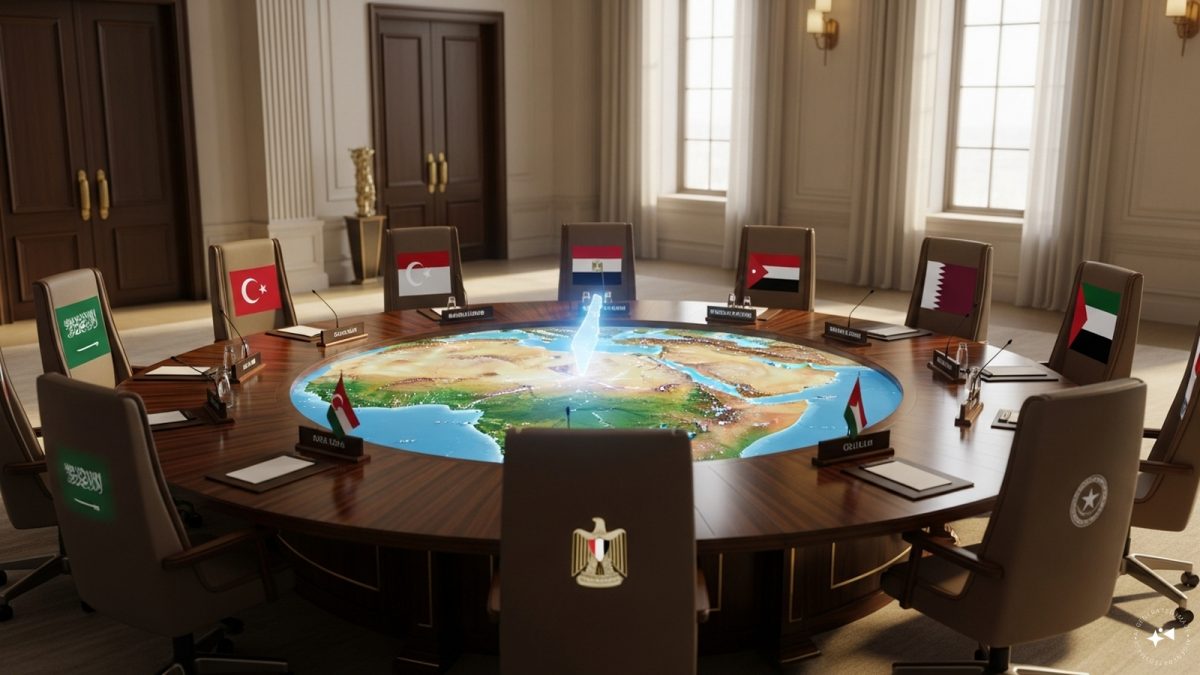)
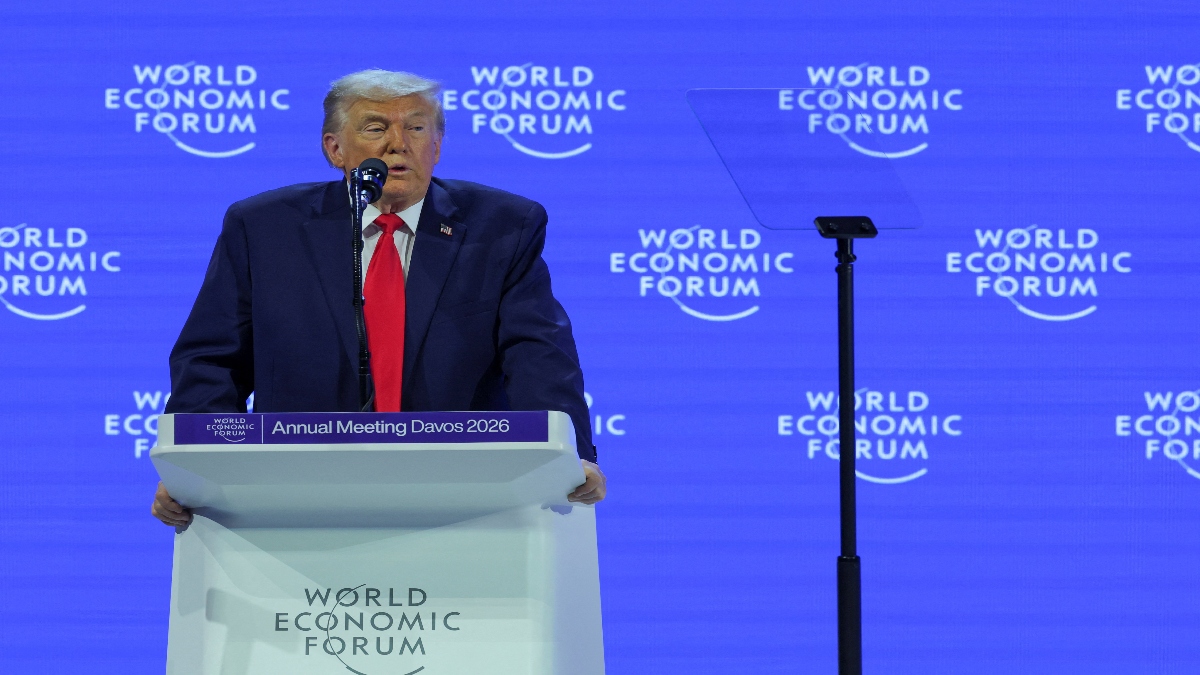)
)
)



